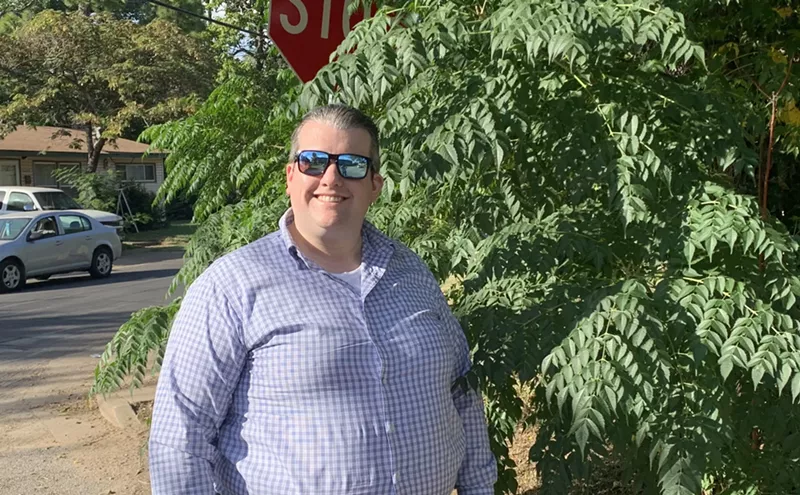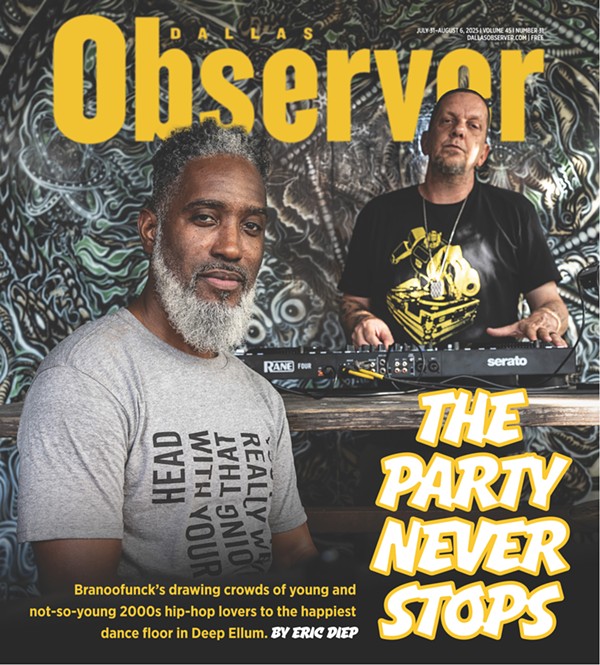The Los Angeles Times has sniffed out an article published today in the Journal of the National Cancer Institute, in which researchers from Baylor University Medical Center on Gaston Ave. and Japan write about a new test that diagnoses various gastrointestinal cancers by analyzing DNA fragments in feces. All you gotta do is keep your crap in a baggie. (No jarring, please.) Here's the official summary: "Our novel fecal DNA methylation assay provides a possible means to noninvasively screen not only for colorectal tumors but also for gastric tumors." And The Times's easier-to-understand how-to:
This was a hands-on project. According to a study published today in the Journal of the National Cancer Institute, "Patients were instructed to collect an aliquot of feces using a paper spoon and to store it in a hermetically sealed plastic container." The container was then sealed in a Ziploc bag and stored overnight in the volunteer's refrigerator or freezer, then brought to a hospital the next day.Which means ....? No more colonoscopies! Well, OK, maybe: Those few dozen volunteers who scooped their poop were subjected to a few false positives and false negatives. Still, says an accompanying editorial in the Journal, it's big news for those researching the possibilities of fecal DNA. Which, of course, is also a band name!












